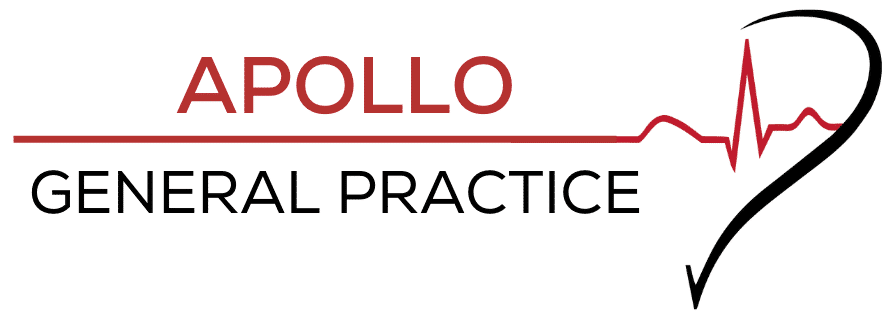Medical Services
CHILD & TEEN HEALTH
Child and teen health encompasses nutrition, physical activity, immunizations, mental health, sleep, screen time, safety, puberty, sexual health, and regular check-ups, all crucial for their overall well-being and development. It’s vital to promote healthy habits, open communication, and seek professional help when needed to ensure optimal health outcomes.
MUM & BUB
“Mum & Bub” typically refers to the health and well-being of both mother and baby during the perinatal period and early childhood. It involves maternal health, prenatal care, childbirth, postnatal care, infant health, breastfeeding, bonding, and early childhood development. Establishing a supportive environment, seeking appropriate medical care, and fostering nurturing relationships are essential for the health and development of both mother and baby during this critical time.
HEALTH CHECKS
Regular health checks are essential for maintaining overall well-being and detecting any potential health issues early on. These checks typically involve monitoring vital signs, assessing physical and mental health, screening for diseases, and discussing any concerns or symptoms. Depending on age, gender, and medical history, health checks may include routine physical exams, blood pressure measurements, cholesterol screenings, blood tests, vaccinations, cancer screenings, and dental check-ups.
DIABETIC CARE
Diabetic care encompasses a comprehensive approach to managing diabetes, a chronic condition characterized by high blood sugar levels. It involves regular monitoring of blood glucose levels, maintaining a balanced diet, engaging in regular physical activity, taking prescribed medications, and monitoring for complications.
CHRONIC DISEASE
Chronic diseases are long-lasting conditions that typically progress slowly and may require ongoing management and care. These diseases often cannot be cured but can be managed effectively to improve quality of life and reduce the risk of complications. Common chronic diseases include diabetes, hypertension, heart disease, asthma, chronic obstructive pulmonary disease (COPD), arthritis, and certain types of cancer.
MENTAL HEALTH
Mental health refers to a person’s emotional, psychological, and social well-being. It affects how individuals think, feel, and act, and influences how they cope with stress, relate to others, and make choices. Mental health encompasses a wide range of conditions and disorders, including anxiety disorders, mood disorders (such as depression and bipolar disorder), psychotic disorders (such as schizophrenia), eating disorders, substance use disorders, and neurodevelopmental disorders (such as autism spectrum disorder and attention-deficit/hyperactivity disorder).
WOMEN’S HEALTH
Women’s health refers to the physical, mental, and emotional well-being of women across the lifespan. Key aspects of women’s health include reproductive health, maternal health, sexual health, and overall wellness.
Travel MEN’S HEALTH Medicine
Men’s health medicine for travelers involves preventive measures like vaccinations, safe sex practices, and medication management, along with awareness of local health risks and access to emergency medical care, ensuring a safe and healthy travel experience.
SKIN CHECKS
Skin checks involve regular examinations of the skin to monitor for any changes or abnormalities, such as moles, lesions, or discolorations, which could indicate skin cancer or other dermatological conditions. These checks are crucial for early detection and treatment, potentially saving lives and preserving skin health.
MEDICALS
Regular medical check-ups, or “medicals,” are important for maintaining overall health and detecting any potential health issues early on. These check-ups typically involve a comprehensive assessment by a healthcare provider, including measurements of vital signs, screening for diseases, reviewing medical history, and discussing any concerns or symptoms. Engaging in regular medical check-ups helps individuals stay proactive about their health and allows healthcare providers to provide personalized recommendations for prevention, treatment, and management of health conditions.
TRAVEL VACCINATIONS
Travel vaccinations are essential for protecting travelers from infectious diseases that may be prevalent in their destination countries or regions. These vaccinations help prevent illnesses such as yellow fever, typhoid fever, hepatitis A and B, meningitis, and rabies, among others. Before traveling, individuals should consult with a healthcare provider or travel medicine specialist to assess their vaccination needs based on their destination, itinerary, medical history, and any specific risk factors.
MINOR SURGERY
Minor surgery refers to surgical procedures that are relatively simple and can typically be performed on an outpatient basis without the need for general anesthesia or an overnight hospital stay. These procedures may be conducted in a doctor’s office, outpatient clinic, or ambulatory surgery center.
IRON INFUSIONS
Iron infusions are medical procedures used to treat iron deficiency anemia when oral iron supplements are ineffective or not tolerated. During an iron infusion, iron is delivered directly into the bloodstream through a vein (usually in the arm) using an intravenous (IV) infusion.
DIETICIAN
A dietitian is a healthcare professional who specializes in nutrition and dietetics. They are trained to assess, diagnose, and treat nutrition-related issues and provide dietary counseling and education to individuals and groups. Dietitians work in a variety of settings, including hospitals, clinics, community health centers, schools, food service establishments, research institutions, and private practice.
ECHO & HOLTER
An echocardiogram (echo) is an imaging test that uses sound waves to visualize the heart’s structure and function. A Holter monitor is a portable device that records the heart’s electrical activity over 24 to 48 hours, aiding in the diagnosis of abnormal heart rhythms.
